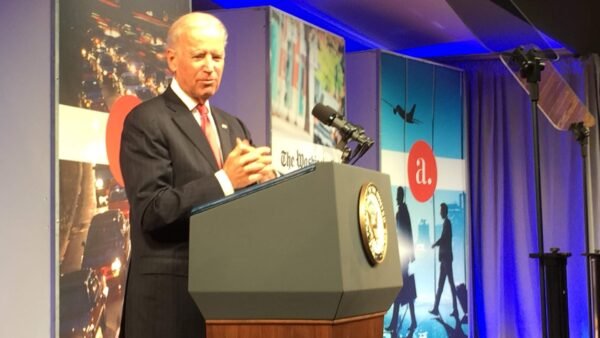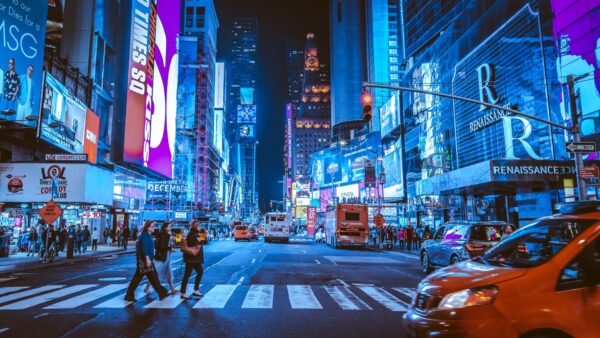It’s a Feature, not a Bug: Inequality in Liberal Cities
At the November 10, 2015 Republican presidential debate, candidate Rand Paul said that inequality in cities — the gap between the rich and poor — “seems to be worst in cities run by Democrats.” His comment received rousing applause from the audience, and much media attention.
It’s a Feature, not a Bug: Inequality in Liberal Cities More »














